Top 10 Healthcare Software Development Trends in Singapore (2025 Guide)
As Singapore embraces digital healthcare transformation, staying ahead of the latest software development trends is key for improving patient care and streamlining operations. From AI applications and telemedicine to custom software solutions, these innovations are reshaping the healthcare landscape.
In this blog, we highlight the top 10 healthcare software development trends in Singapore and how you can leverage these technologies to stay competitive and compliant.
Table of Contents
- Healthcare Software Development in Singapore: Market & Opportunities
-
10 Key Trends Shaping Healthcare Software Development in Singapore
- AI-Powered Healthcare Applications
- Telemedicine & Virtual Care
- Wearables & Remote Patient Monitoring
- Custom Healthcare Software Solutions
- Cloud-Based Healthcare Systems
- Mobile Health (mHealth) & Wellness Apps
- Interoperability & EHR Modernization
- VR and AR Technologies in Healthcare
- Healthcare Data Security & Compliance
- Blockchain for Healthcare Data Integrity
- Singapore Healthcare 2030 & the Future Health System
- When to Invest in Software Development for Healthcare?
- How Kaopiz Helps You in Custom Healthcare Software Development?
- Conclusion
- FAQs
Healthcare Software Development in Singapore: Market & Opportunities
Singapore is one of Asia’s most dynamic healthcare and technology hubs. The Digital Health market in this country is projected to reach $893 million in 2025, growing at a 9.29% CAGR to $1.27 billion by 2029. The largest segment will be Digital Treatment & Care ($661 million in 2025), with high adoption reflected in an ARPU of $421.
With initiatives like Healthier SG and Healthcare 2030, healthcare digital transformation in Singapore is accelerating across hospitals, insurers, and HealthTech startups. Demand is shifting from off-the-shelf tools to custom healthcare software that meets local compliance standards such as PDPA and HIPAA.
Key opportunities of healthcare app development in Singapore lie in AI-powered healthcare applications, telemedicine and virtual care, wearable and remote patient monitoring, and EHR modernization aligned with HL7/FHIR.
For software vendors, Singapore presents a strong growth market, driven by rising healthcare spending and an aging population. By 2050, nearly one-third of Singapore’s population will consist of elderly citizens.
This opens the door for Healthtech development firms like Kaopiz to deliver tailored solutions—combining global expertise in healthcare software development with local compliance knowledge and agile development teams.
10 Key Trends Shaping Healthcare Software Development in Singapore
Singapore’s healthcare landscape is evolving rapidly, driven by digital transformation, rising patient expectations, and strict regulatory standards. Below are 10 key healthcare software development trends in Singapore in 2025 and beyond.
AI-Powered Healthcare Applications
AI in healthcare apps is no longer on the horizon — it’s here and rapidly accelerating. According to HIMSS, nearly 9 out of 10 healthcare organizations already use AI in some form, with diagnostics leading the way. Over two-thirds of FDA-cleared AI medical devices target imaging, helping radiologists spot patterns earlier and more accurately.
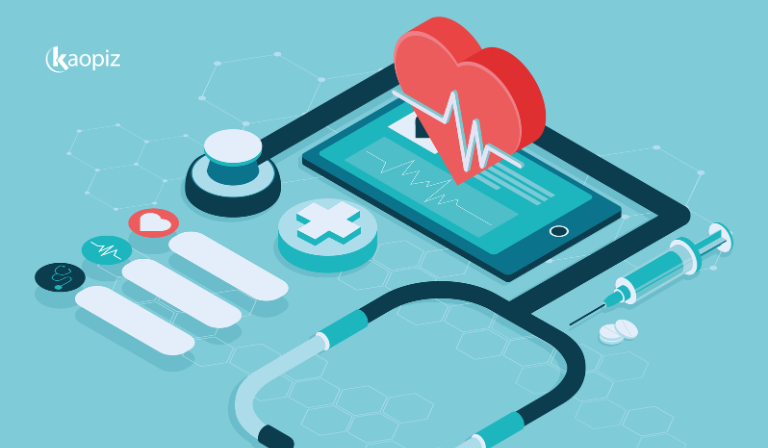
In Singapore, the government strongly supports HealthTech. A vibrant ecosystem has accelerated AI adoption in hospitals, clinics, and startups. AI-driven diagnostics and virtual health assistants are already in use. AI is no longer a future concept. It is now a core part of modern healthcare.
Key Applications of AI in Healthcare:
- Predictive Analytics: Identifying patients at risk of chronic diseases earlier.
- Medical Imaging & Diagnostics: Assisting radiologists in detecting tumors or abnormalities with higher accuracy.
- Patient Engagement: AI chatbots and virtual assistants providing 24/7 support, appointment booking, and medication reminders.
- Workflow Automation: Automating repetitive administrative tasks such as claims processing and clinical documentation.
- Personalized Treatment Plans: Leveraging patient data to tailor therapies and medication regimes.
As AI becomes one of the healthcare software development trends and is more embedded in healthcare, ensuring transparency, fairness, and regulatory compliance remains critical—particularly in Singapore, where strict data protection standards apply.
Telemedicine & Virtual Care
Telemedicine has become one of the software development trends in healthcare in Singapore. In 2023, the Singapore telemedicine market generated $4.09 billion, and it is forecast to expand rapidly to $14.34 billion by 2030, reflecting robust growth.
This surge is supported by both policy and consumer readiness. The government’s support—through platforms like HealthHub SG and MOH-endorsed telehealth providers—boosts reach, while studies indicate widespread patient willingness to consult clinicians remotely. With an ageing population and increasing need for accessible care, telemedicine isn’t just convenient—it’s essential.
Key Applications of Telemedicine & Virtual Care in Singapore:
- Remote Consultations: Secure video visits for primary care, specialist sessions, and follow-ups.
- Chronic Disease Management: Monitoring and check-ins for long-term conditions like diabetes and hypertension.
- Mental Health & Wellness: Online therapy and counseling to widen access and reduce barriers.
- Digital Prescriptions & Delivery: E-prescription systems linked to pharmacies, often including delivery services.
- Wearable Integration: Real-time health data from devices feeding into clinical consultations for richer insights.
To succeed in this space, solutions must meet strict PDPA and MOH regulations, integrate seamlessly with EHR platforms, and deliver user-friendly experiences that build confidence among both healthcare providers and patients.
Wearables & Remote Patient Monitoring
Wearable technology is rapidly becoming one of the healthcare software development trends in Singapore. Devices such as smartwatches, fitness software development trackers, and medical-grade wearables enable remote patient monitoring (RPM) by capturing vital data in real time—reducing hospital visits and empowering patients to manage their health more effectively.
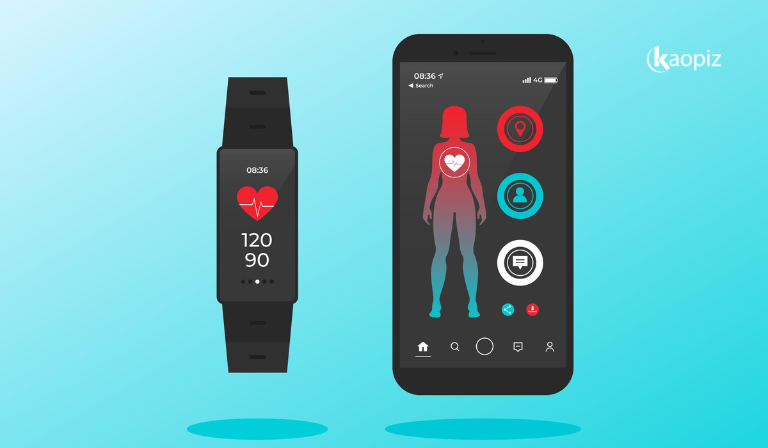
The market outlook is strong: the Singapore Patient Monitoring Market is expected to exceed $1.23 billion by 2033, growing at a CAGR of 7.09% (2023–2033). This growth is driven by the ageing population and the rising adoption of monitoring devices for chronic conditions such as diabetes and cardiovascular disease.
Key Applications of Wearables & RPM in Healthcare:
- Chronic Disease Management: Continuous monitoring of blood pressure, glucose levels, and heart rate for early intervention.
- Post-Surgery Recovery: Remote follow-ups that reduce hospital readmissions.
- Elderly Care: Fall detection, mobility tracking, and safety alerts to support independent living.
- Preventive Health: Lifestyle tracking through sleep, activity, and fitness data.
- Telemedicine Integration: Real-time data sharing during virtual consultations for more informed decisions.
Wearables and RPM are emerging trends in Singapore healthcare and will be central to creating a more proactive and patient-centric care model—provided that solutions ensure data accuracy, security, and compliance with regulations.
Custom Healthcare Software Solutions
Generic, off-the-shelf healthcare software often fails to address the unique needs of hospitals, clinics, and insurers in Singapore. With strict regulations such as PDPA and the requirement to integrate with national systems like HealthHub SG and NEHR, organizations are increasingly turning to custom healthcare software development trends to ensure compliance, efficiency, and scalability.
The Asia-Pacific healthcare IT market is projected to reach $45.4 billion in 2025 and grow to $68.3 billion by 2030, reflecting a CAGR of 8.5% during the forecast period, with Singapore positioned as a key hub due to its advanced digital infrastructure and government-led initiatives. This growth reflects rising demand for tailored solutions that improve operations, reduce costs, and enhance patient care experiences.
Key Applications of Custom Healthcare Software:
- Hospital Management Systems: Centralized platforms for scheduling, billing, and patient records.
- Patient Portals: Secure access to medical histories, test results, and appointment booking.
- Clinical Decision Support Systems (CDSS): AI-powered tools that assist doctors with real-time insights.
- Telemedicine Integration: Custom-built modules that connect seamlessly with virtual care platforms.
- EHR Customization: Flexible systems tailored to workflows and aligned with HL7/FHIR standards.
By investing in custom-built healthcare industry software development, providers in Singapore can achieve greater operational efficiency, improved patient engagement, and future readiness in line with the Healthcare 2030 vision.
Cloud-Based Healthcare Systems
Cloud computing is one of the healthcare software development trends in Singapore, giving providers the flexibility to scale, cut IT costs, and deploy innovative solutions faster. With cloud-based systems, hospitals and clinics can securely store patient data, improve collaboration, and enable advanced services like telemedicine, AI-driven analytics, and EHR modernization.
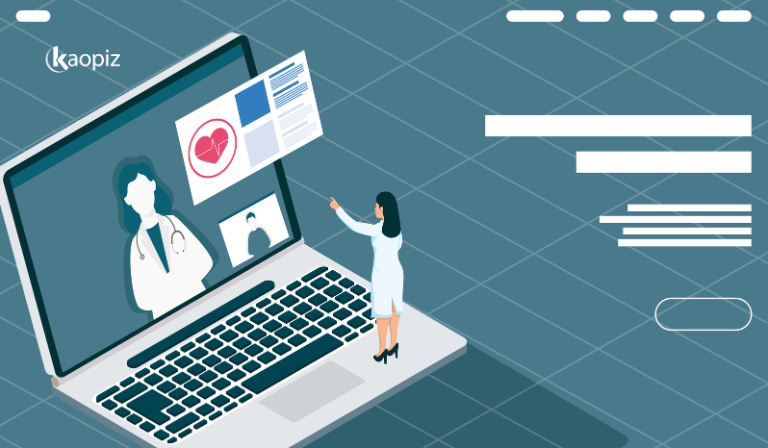
The market outlook is promising. The Singapore healthcare cloud computing market generated $14.5 million in 2018 and is expected to reach $46.2 million by 2026, growing at a CAGR of 15.6% (2019–2026). This growth is fueled by rising healthcare digitization, government initiatives such as Healthier SG, and the need for secure, scalable infrastructure.
Key Applications of Cloud-Based Healthcare Systems:
- Electronic Health Records (EHR): Secure, centralized records accessible across providers.
- Telemedicine Platforms: Scalable video consultations with safe cloud data storage.
- AI & Big Data Analytics: Using cloud processing power for predictive care and diagnostics.
- Collaboration Tools: Enabling real-time data sharing between doctors, labs, and insurers.
- Backup & Disaster Recovery: Safeguarding sensitive data with redundancy and high security.
For Singapore’s healthcare ecosystem, cloud adoption promises cost efficiency, faster innovation, and stronger interoperability. However, providers must prioritize data protection and compliance with PDPA and HIPAA, making the choice of a trusted healthcare software development company critical.
Mobile Health (mHealth) & Wellness Apps
mHealth and wellness apps are notable healthcare software development trends transforming how people in Singapore manage their health on a daily basis. From fitness tracking and nutrition planning to chronic disease monitoring and mental health support, these apps give patients greater control while providing healthcare providers with valuable real-time data.
The global market reflects this momentum: the mHealth apps market, valued at $134.3 billion in 2024, is projected to reach $639.6 billion by 2030, growing at a CAGR of 29.7% (2024–2030). This explosive growth underscores the shift toward digital-first healthcare solutions worldwide.
Key Applications of mHealth & Wellness Apps:
- Fitness & Activity Tracking: Monitoring steps, calories, and heart rate.
- Chronic Disease Management: Apps supporting conditions such as diabetes and hypertension.
- Mental Health Support: Meditation, counseling, and stress management tools.
- Nutrition & Lifestyle Coaching: Personalized diet plans and wellness recommendations.
- Wearable Integration: Syncing smartwatch and sensor data with healthcare platforms.
For Singapore’s healthcare providers, mHealth apps represent a powerful bridge between self-care and professional healthcare services. To succeed, these solutions must ensure data accuracy, patient trust, and compliance with regulations such as PDPA and HIPAA.
Interoperability & EHR Modernization
EHRs are the backbone of digital healthcare, but legacy systems often create data silos. In Singapore, initiatives like the National Electronic Health Record (NEHR) and HealthHub SG aim to modernize EHRs and improve interoperability so patient data can flow securely across hospitals, clinics, and insurers.

The EHR market is projected to grow from $30.8 billion in 2022 to $47.8 billion by 2032. Singapore’s adoption of HL7/FHIR standards supports this shift, enabling better collaboration and more personalized care.
Key Applications of Interoperability & EHR Modernization:
- Unified Patient Records: Centralized, accessible health data across multiple providers.
- FHIR/HL7 Integration: Standardized data exchange between different IT systems.
- Population Health Management: Aggregated data for preventive care and chronic disease monitoring.
- Clinical Decision Support: Real-time access to complete patient histories for better outcomes.
- Patient Engagement: Patient portals linked with EHRs, giving individuals access to their medical history.
By breaking down silos, interoperable EHRs enable faster, safer, and patient-centered care—while maintaining compliance with PDPA and HIPAA.
VR and AR Technologies in Healthcare
Virtual Reality (VR) and Augmented Reality (AR) are healthcare software development trends transforming healthcare delivery, training, and patient engagement. These immersive technologies allow doctors, medical students, and patients to better visualize conditions, procedures, and treatments in real time.
The global AR and VR in healthcare market was valued at $3.4 billion in 2023 and is projected to grow at a CAGR of 16.8% from 2024 to 2030. In Singapore, VR supports rehab and training, while AR aids surgical planning and patient education.
Key Applications of VR & AR in Healthcare:
- Medical Training & Simulation: Safe, immersive practice for students and surgeons.
- Rehabilitation & Physical Therapy: VR-based recovery programs that improve mobility and motor skills.
- Mental Health Therapy: Exposure therapy for phobias, anxiety, and PTSD.
- Patient Education: AR visualizations to explain anatomy and treatment options.
- Surgical Assistance: Real-time AR imaging and overlays guiding complex procedures.
For Singapore, these healthcare technology trends present opportunities to enhance clinical outcomes, education, and patient experiences, aligning with the nation’s Healthcare 2030 vision. Successful adoption will depend on building robust, compliant software platforms that balance innovation with data security.
Healthcare Data Security & Compliance
As healthcare in Singapore undergoes rapid digital transformation, data security and compliance are key healthcare software development trends. With sensitive patient records moving through cloud systems, telemedicine apps, and wearable devices, protecting privacy is essential to maintaining trust and meeting regulatory requirements.
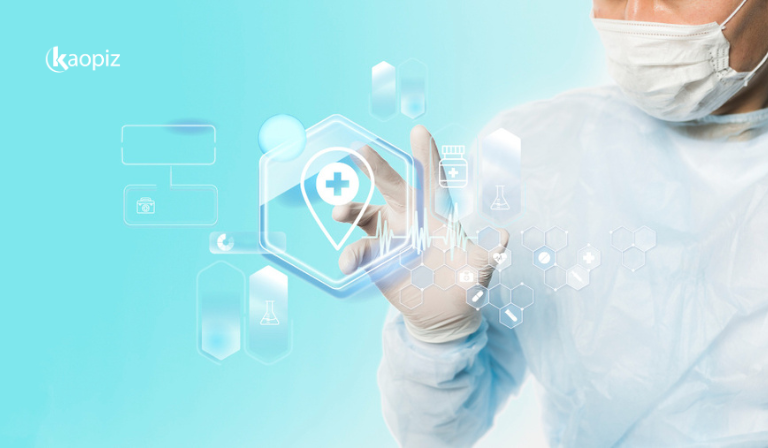
The global healthcare cybersecurity market was valued at $17.28 billion in 2023 and is projected to reach $56.34 billion by 2030, growing at a CAGR of 18.5% (2024–2030). In Singapore, compliance is guided by the PDPA and international frameworks like HIPAA, both of which require stringent safeguards for healthcare IT systems.
Key Areas of Data Security & Compliance in Healthcare:
- Data Encryption: Securing patient data in storage and during transmission.
- Access Controls: Role-based access for clinicians, staff, and third parties.
- Threat Detection: Real-time monitoring to detect and prevent cyberattacks.
- Audit & Reporting: Transparency and accountability in handling health data.
- Regulatory Compliance: Meeting PDPA, HIPAA, and MOH standards.
For Singapore, strong security is more than a technical requirement—it’s the foundation of trust in digital healthcare. Providers that embed robust compliance into custom healthcare software will be better positioned to innovate without compromising patient safety.
Blockchain for Healthcare Data Integrity
Blockchain is one of the emerging healthcare software industry trends, serving as a powerful enabler of trust, transparency, and security. By providing an immutable and decentralized ledger, blockchain ensures that sensitive patient data cannot be altered or tampered with—making it ideal for protecting medical records, insurance claims, and clinical research data.
The global blockchain in healthcare market was valued at $7.04 billion in 2023 and is projected to reach $214.86 billion by 2030, growing at a remarkable CAGR of 63.3% (2024–2030). In Singapore, blockchain adoption is gaining traction in areas like medical record management, pharmaceutical supply chain tracking, and digital insurance claims, aligned with the government’s focus on digital trust and cybersecurity.
Key Applications of Blockchain in Healthcare:
- Secure Medical Records: Immutable, shareable patient data across providers.
- Clinical Trials Transparency: Ensuring accuracy and preventing data manipulation.
- Supply Chain Integrity: Tracking drugs and devices to prevent counterfeits.
- Smart Contracts for Insurance: Automating claims for efficiency and fraud reduction.
- Patient Consent Management: Giving patients control over who accesses their health data.
For Singapore, blockchain offers an opportunity to strengthen data integrity, interoperability, and patient trust in digital healthcare systems. The challenge lies in building scalable, compliant solutions that integrate seamlessly with existing infrastructure while meeting PDPA and global standards.
Singapore Healthcare 2030 & the Future Health System
Singapore’s Healthcare 2030 blueprint sets the direction for a more resilient, inclusive, and technology-driven healthcare system. With an ageing population—where nearly 1 in 3 Singaporeans will be aged 65 and above by 2050—the government is prioritizing preventive care, digital innovation, and sustainable healthcare delivery.

Healthcare 2030 builds on initiatives like Healthier SG, emphasizing early intervention, patient-centric care, and integration across public and private sectors. Digital transformation is central to this vision, with AI, cloud systems, wearables, and interoperable EHRs forming the backbone of a future-ready healthcare ecosystem.
Key Pillars of Singapore Healthcare 2030:
- Preventive Health & Wellness: Shifting focus from treatment to early detection and healthy lifestyles.
- Digital Transformation: Expanding telemedicine, AI applications, and digital-first healthcare services.
- Integrated Care Models: Seamless collaboration across hospitals, polyclinics, and community providers.
- Workforce Transformation: Upskilling healthcare professionals with tech-driven tools and training.
- Sustainability: Leveraging innovation to deliver quality care efficiently and sustainably.
By 2030, Singapore’s healthcare system aims to be more personalized, connected, and proactive, ensuring that technology enhances—not replaces—the human touch in medicine. For healthcare software developers, this presents a unique opportunity to contribute solutions that align with national priorities.
When to Invest in Software Development for Healthcare?
Investing in healthcare software is now a strategic imperative. To stay competitive, compliant, and innovative, providers, insurers, and HealthTech startups must choose the right time to build or upgrade their systems.
Here are key signals that indicate it’s time to invest:
- Outdated Legacy Systems: If your systems are slow, lack integration, or struggle to handle new technologies (AI, cloud, mobile), it’s time to modernize.
- Regulatory Changes: With tightening compliance standards like PDPA and HIPAA, failing to upgrade systems could lead to security risks and penalties.
- Rising Patient Expectations: Patients expect convenience, accessibility, and personalized care, making mobile apps, telemedicine, and patient portals essential.
- Operational Inefficiency: If administrative tasks like claims processing, patient scheduling, or billing are manual and time-consuming, automation can improve workflows and cut costs.
- Data Management Needs: With the rise of big data, AI, and EHRs, healthcare organizations need systems that ensure accuracy, real-time, and secure data sharing.
Investing in custom healthcare software development provides providers with the tools to improve efficiency, enhance patient care, and comply with regulatory demands. The earlier organizations adopt digital-first solutions, the more competitive and agile they will be in the evolving healthcare market.
How Kaopiz Helps You in Custom Healthcare Software Development?
With over 10 years of experience and more than 500 successful projects for over 200 global clients, Kaopiz specializes in delivering custom healthcare software development services tailored to the unique needs of healthcare organizations in Singapore and worldwide.
With a strong focus on innovation, compliance, and efficiency, we work closely with healthcare providers, insurers, and startups to deliver solutions that streamline operations, enhance patient care, and ensure data security. Here’s how Kaopiz – a trusted healthcare software development company in Singapore supports healthcare digital transformation:
- Custom Software Development: Building solutions that fit your unique workflows, from hospital management systems to telemedicine platforms.
- AI Integration: Implementing AI-driven tools to optimize diagnostics, automate workflows, and deliver personalized patient experiences.
- Cloud Solutions: Leveraging the power of the cloud for secure EHR management, scalable telemedicine platforms, and real-time data access.
- Regulatory Compliance: Ensuring all software solutions meet PDPA and HIPAA standards, with a strong focus on data protection and patient privacy.
- Ongoing Support & Maintenance: Providing long-term technical support and updates to ensure your systems remain efficient, secure, and compliant.
With Kaopiz, you’re partnering with a team that understands the complexities of technology. We are committed to delivering world-class solutions with competitive healthcare app development costs that drive both innovation and operational efficiency.
Conclusion
As Singapore continues its journey towards a digitally transformed healthcare system. Therefore, staying ahead of emerging healthcare software development trends is essential for organizations aiming to improve patient care, streamline operations, and maintain compliance. From AI-driven applications and cloud-based systems to custom software development and blockchain innovations, the opportunities are vast.
Investing in cutting-edge technology and tailored solutions today will not only position your organization for success in the future but will also ensure you meet the growing demands of a more connected, patient-centered healthcare environment.
FAQs
- Which Healthcare Trend Is Most Relevant for Hospitals in Singapore?
- The most relevant healthcare software trends for hospitals in Singapore include AI-powered healthcare applications, telemedicine, and cloud-based systems. These innovations help improve patient outcomes, reduce operational costs, and enhance care efficiency—aligning with the country’s Healthcare 2030 vision.
- Why Should Companies Invest in Custom Healthcare Software Instead of SaaS Solutions?
- Custom healthcare software offers greater flexibility, scalability, and compliance with local regulations like PDPA. Unlike SaaS, custom solutions are tailored to meet specific workflows, integrate seamlessly with existing systems, and offer a higher level of data security and privacy.
- How Is AI Transforming Healthcare in Singapore?
- AI is revolutionizing healthcare in Singapore by enabling predictive diagnostics, personalized treatments, and automated administrative tasks. With strong government backing, AI is used in areas like medical imaging, patient engagement, and chronic disease management, improving efficiency and patient care.
- What Are the Benefits of Custom Healthcare Software?
- Custom healthcare software provides tailored solutions that meet the specific needs of healthcare providers. Key benefits include better integration with existing systems, enhanced compliance, improved user experience, and the ability to scale as organizations grow.
- How Can Businesses Ensure Success in Healthcare Digital Transformation?
- Businesses can ensure success by investing in secure, compliant solutions, focusing on interoperability, and partnering with trusted software development providers. It’s crucial to focus on user-friendly systems that improve patient care while meeting regulatory standards and adapting to the evolving healthcare landscape.
2 Replies to “Top 10 Healthcare Software Development Trends in Singapore (2025 Guide)”
Leave a Comment
Trending Post

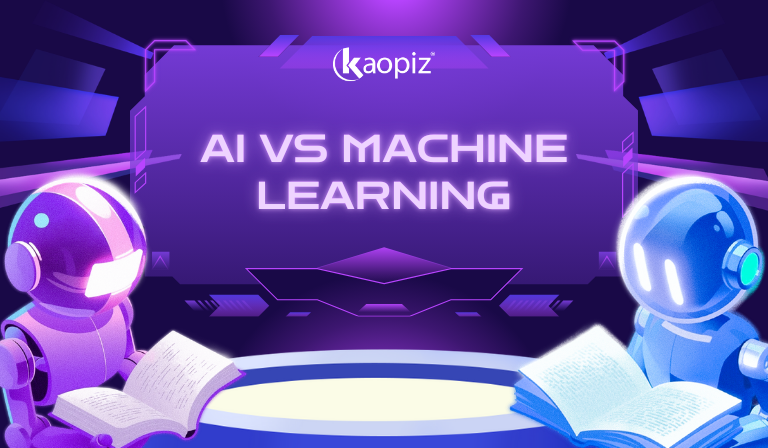
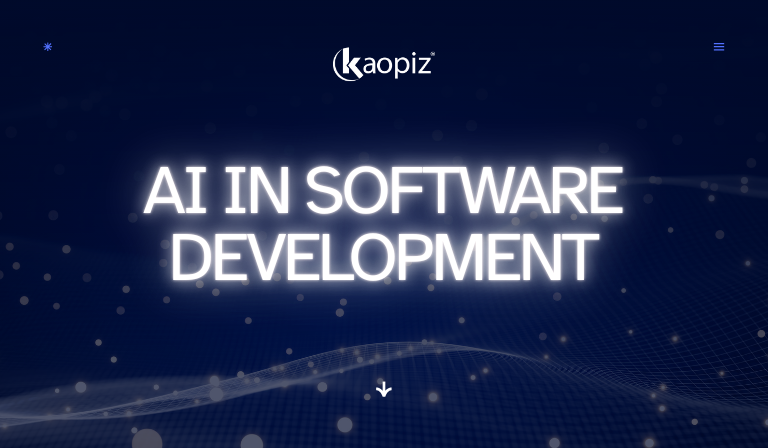
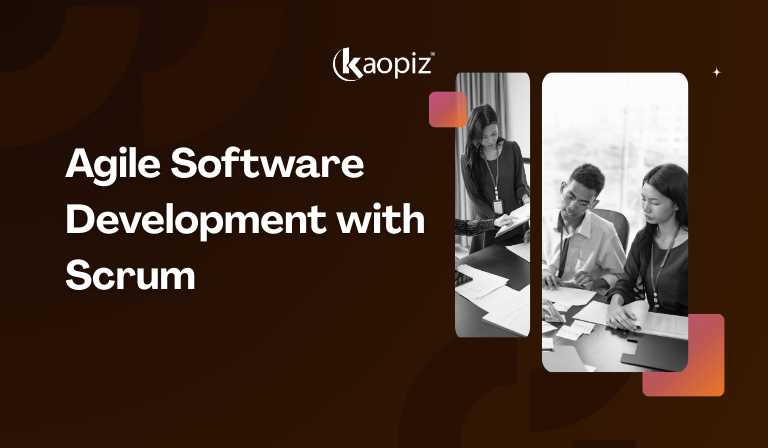

















Pingback:Healthcare App Development: Cost, Process, Partner Guide 2025
Pingback:Top Healthcare App Development Companies in Singapore (2025)